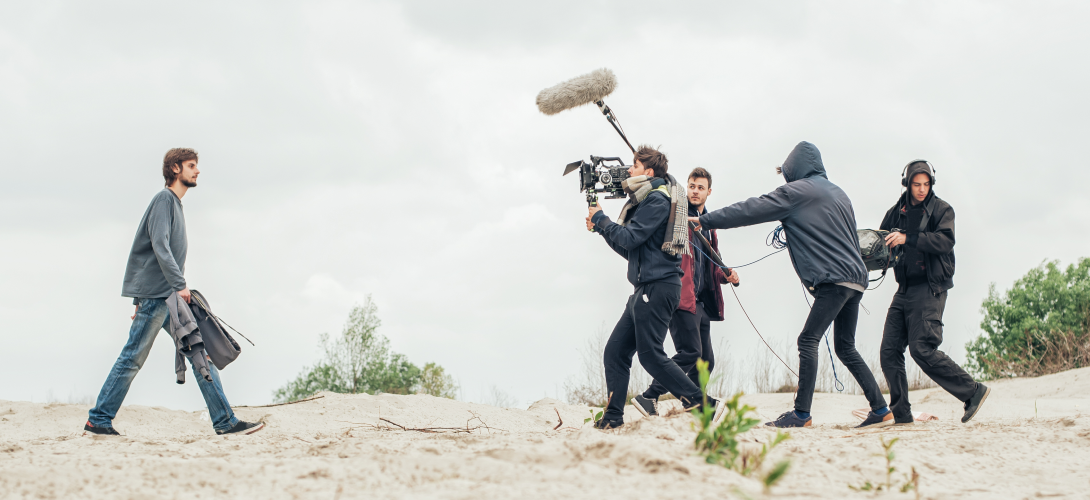The best shows on TV are known for captivating and thrilling viewers. However, many of the same shows are doing much more than providing quality entertainment. The TV industry is also making economic contributions to communities all over the country.
When a show films on location instead of in a studio, the towns, cities, and states where production crews choose to set up shop are significantly impacted. It’s always a boon when a show comes to a town and, in turn, provides a plethora of new jobs, builds new infrastructure and soundstages for future filming opportunities, promotes a region and boosts tourism, and unites a community.
Georgia
Take Georgia, the home of FX’s award-winning Atlanta, and AMC’s big hit, The Walking Dead, which are among the 30 to 40 TV and movie productions that film there each year. Georgia has had a long history of hosting TV and movie productions, but the economic impact increased significantly over the last decade, reaching upwards of $9.5 billion. That’s up from $241 million in 2007. A lot of this is attributed to TV, in particular to The Walking Dead which has been filming in the small rural town of Senoia for nine seasons. The Walking Dead is one of the most watched television shows of all time, so to have a show of that caliber film in a small town like Senoia is a pretty big deal. Approximately 90% of the crew on the show are Georgians. The Georgia Film, Music and Digital Entertainment Office Deputy Commissioner Lee Thomas described Senoia as having become a completely different town now since the show first started filming there:
“When they got there initially, there were six store fronts in that little town. A lot of empty buildings. Back then it was the perfect zombie apocalypse town. But because of the success of the show, it has totally invigorated that area. All 50 store fronts are completely filled. They have built onto the town and put creative historic info buildings there and they have leased all of those as well.”
Virginia
In Virginia, Showtime’s Homeland brought in north of $40 million in one season of filming in Richmond. Andy Edmunds, director of the Virginia Film Office, called it the “biggest production expenditure the state has ever had in one collection of a production opportunity.” A whopping 60% of season seven’s crew consisted of Virginians. “Having Homeland here was an extension of our approach to try to attract series television for the ongoing jobs that it could create year after year,” added Edmunds. The production went as far as bringing revenue to hotels, restaurants, hardware stores, and office supply stores.
Utah
Meanwhile, in Utah, Westworld‘s short stint in rural towns several hours from Los Angeles allowed the HBO production to save costs while providing a ton of publicity for Utah’s beautiful scenery–not to mention the $1 million impact it had for the one month that the crew filmed in the state. “It’s been great for tourism. There’s been so much media attention about the gorgeousness of the landscapes. The landscape has become a character in the show,” said Utah Film Commission Director Virginia Pearce. The state also benefits from productions like Disney’s Andi Mack and Paramount’s Yellowstone that film there for longer durations. “We love having television of that caliber both because of the reputational benefits it gives us and the economic impact. They are here longer, and they hire more people,” said Pearce.
These are just a few examples of how the TV industry is generating impact by allowing communities to diversify their economies, create new jobs and opportunities, and promote everything that their towns have to offer.
Over the past two decades, TV networks have invested over $376 billion to create the award-winning shows that we all love, and this investment has reached the very heart of American towns nationwide. As Andy Edmunds put it, “When a production comes to a locality, they touch all parts of the economy. Everything from buying paper clips to renting helicopters,” said Edmunds. “They’re like super tourists with a payroll.”
